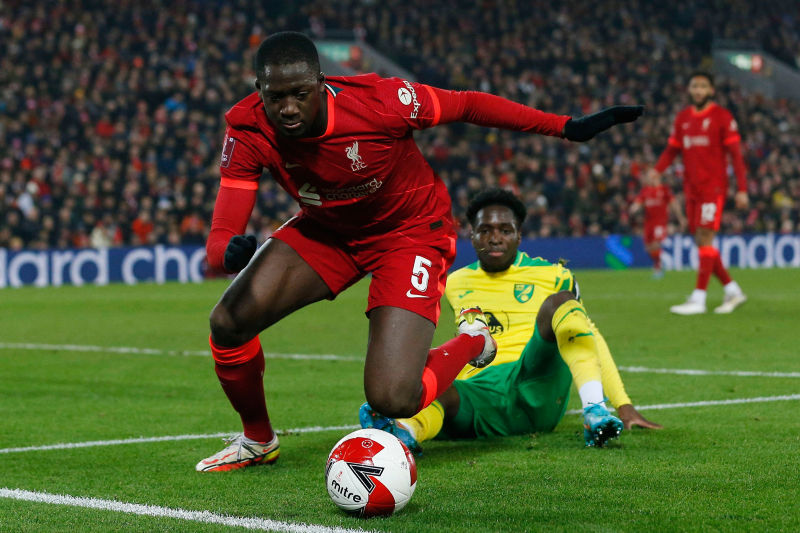Chinese broadcast rights holders have told England’s Premier League they will not show matches this weekend over the football body’s planned show of support for Ukraine following Russia’s invasion, the BBC reported on Friday.
China is a close political ally of Russia, which calls its actions in Ukraine a “special operation” not an invasion.
The Premier League said on Wednesday teams will show their support for Ukraine at games from March 5-7, with all 20 captains wearing special armbands in Ukrainian colours.
The league said fans are encouraged to join players, managers, match officials and club staff in a moment of reflection and solidarity before kick-off at each game.
The screens at stadiums will display “Football Stands Together” against the backdrop of the blue and yellow colours of the Ukrainian flag.
The affected matches will include the highly anticipated derby between Manchester City and Manchester United on Sunday.
Other matches subject to the ban include Aston Villa vs Southampton in Birmingham and Burnley vs Chelsea in Burnley on Saturday and Liverpool vs West Ham at Anfield on Sunday.
- Reuters with additional editing by George Russell
READ MORE:
Games Fever Boosts China’s Domestic Sports Brands
Games Will Make China a Winter Sports Power, Says IOC Boss
New Motorsport Chief Pledges Bigger Role for China and India
























